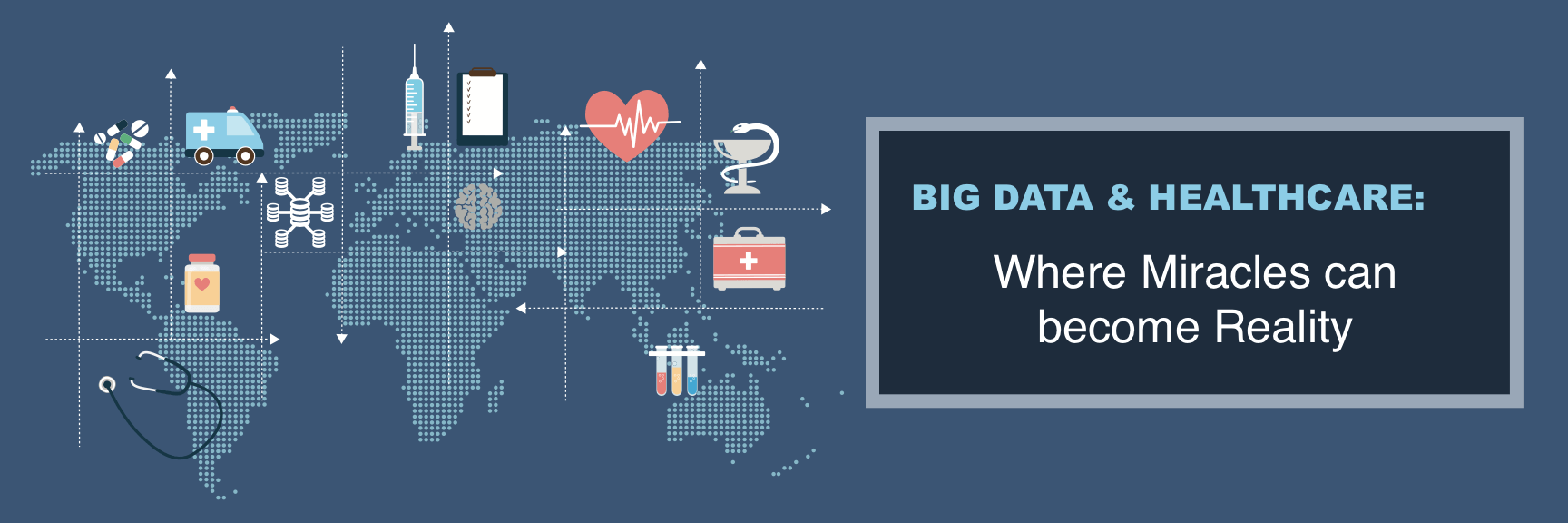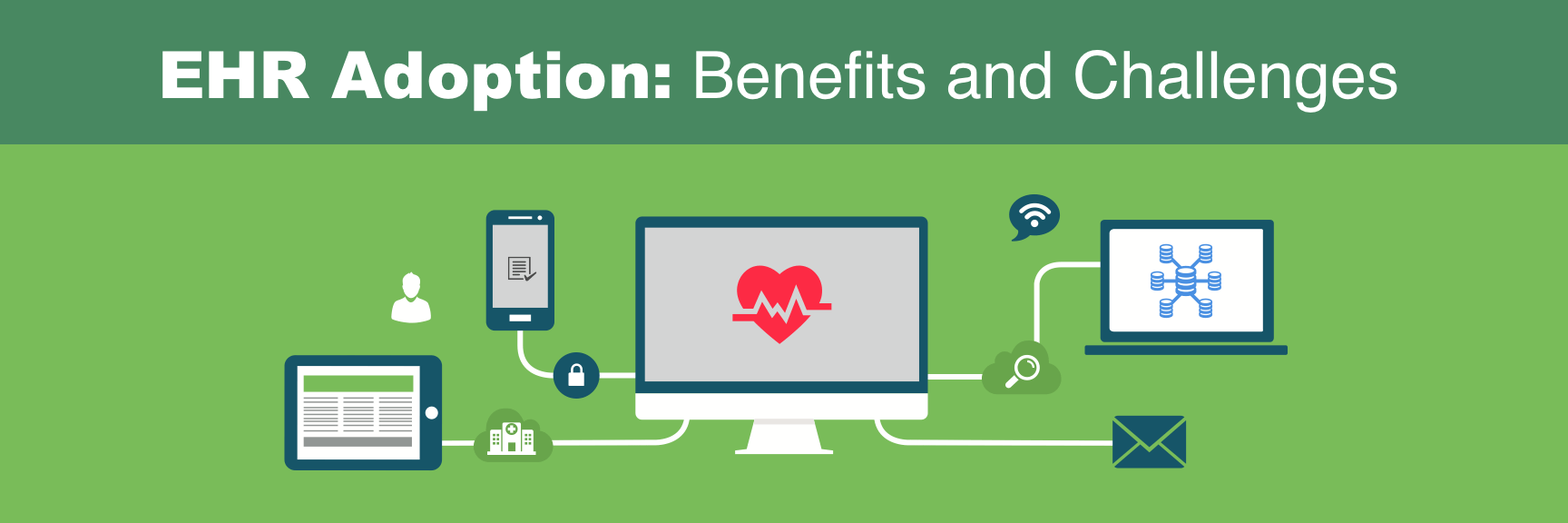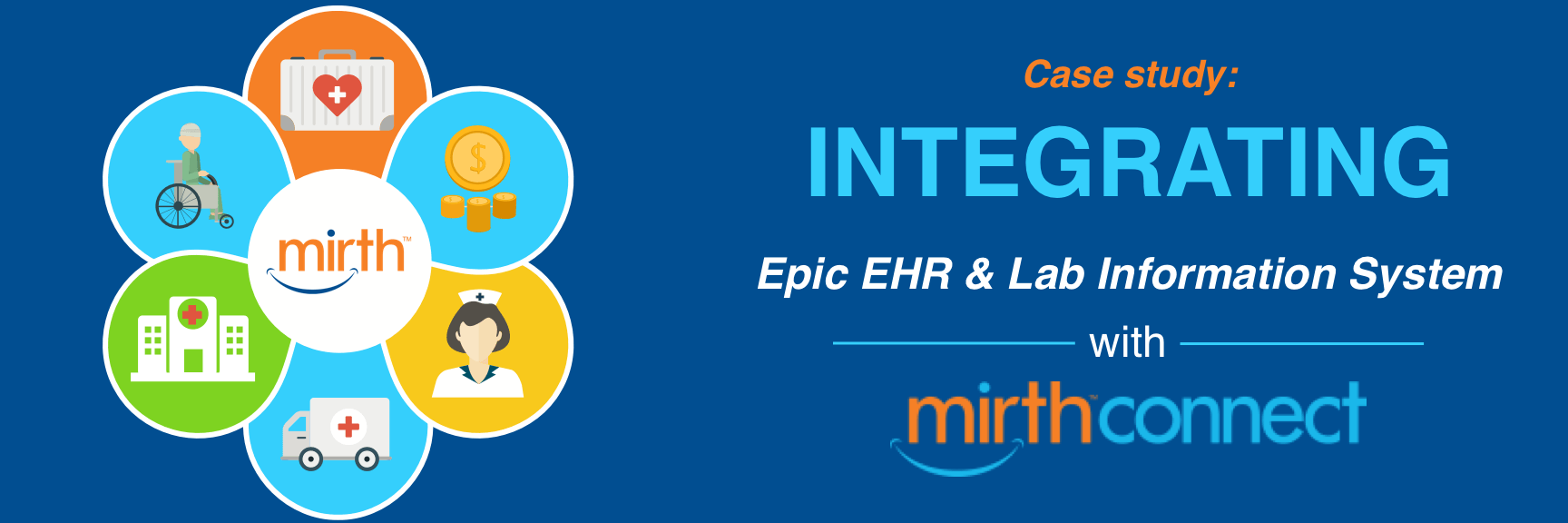Data is an integral component of healthcare. Reports show that data from the US healthcare system alone was approximately 150 exabytes as of 2011. It is expected that the amount of data will reach zettabyte and yottabyte in future. There is vast amount of data in the form of patient records, compliance and regulatory requirements and doctor notes/patient care information etc. No doubt the amount of data in healthcare is overwhelming but its rapid digitization offers significant opportunities for the healthcare system. Not only can this data be used for improved clinical decision, better doctor-patient support, and increased disease surveillance and population health management.
Following are five miracles that Big Data can potentially provide in healthcare
Big Data and Life Expectancy

Recently, computer scientists and medics from the University of East Anglia launched a project that could possibly predict how long we will live. This will be achieved by using Big Data to predict life expectancy. According to the researchers, they will develop software tools that use Big Data routinely collected by healthcare professionals to forecast longevity. This will be done by establishing and analyzing statistical life expectancy trends which in turn would be based on large-scale population based data. In order to improve the accuracy of this forecast, the researchers aim to identify and quantify factors that can affect mortality and longevity such as lifestyle choices, chronic conditions, and medical interventions and so on. Based on Big Data, the researchers want to develop statistical methods to model mortality, identify trends in morbidity and assess life expectancy.
Big Data and Public Health

Availability of good and reliable data can play a significant role in improving the public health system overall. This would be done by making the system more digitized and by ensuring it operates more efficiently. With more and more companies working in this direction, the healthcare system is seeing the increasing use of online health information portals, disease management apps, telemedicine services and consumer health wearables. Public health organizations are realizing the importance of leveraging the power of big data and by analyzing cause of disease and death more systematically. All this can help improve public health – faster tracking of disease outbreaks, speedy response and curtailed transmission; faster development of vaccines and using data to identify needs and services that could prevent healthcare crisis.
Big Data and Genomics

According to a report published in PLoS Biology, 100 million to 2 billion human genomes could be sequenced by 2025. This clearly indicates the amount of data genomics will have in the years to come. Data store demands for genomics alone could exceed 2-50 exabytes. This is because the number of data stored for a single genome is 30 times larger than the size of the genome itself. When you evaluate Genomics within the realm of Big Data, this is what you will find: each human genome has 20,000 to 25000 genes. These genes in turn comprise of 3 million base pairs. In terms of data, this is equivalent to 100 gigabytes of data. If you multiply the number of human genomes that are sequences, this could add up to hundreds of petabytes of data. The miracle that Big Data from genomics offers is the foundation of personalized medicine. By using a patient’s genetic data, it would be possible to determine the best possible treatment for them. The data could broaden the vision of both physicians and researchers and could help improve population health.
Big Data and Personalized Medicine

The massive amount of data has also driven technological advancement in healthcare and has made it possible for healthcare professionals to have access to patient information that could enable them to offer personalized treatment solutions. Healthcare systems today are not only capable of storing and providing individual patient data but they also provide personal behaviour information that could suggest potential problems or healthcare indicators so that preventive measures could be undertaken. With personalized and targeted treatment approaches, there is a possibility of preventing chronic diseases before they even occur. This in itself is a miracle which could change the face of healthcare and the challenges it faces today.
Big Data and Predictive Healthcare

Healthcare has always been more reactive than proactive. This is evident by the crisis situation that usually results with outbreaks such as Ebola or Zika. However, the use of Big Data can make healthcare more proactive. This will be achieved by incorporating intuitive technology and by anticipating healthcare problems and crisis BEFORE they actually occur. This will be done through the collection and analysis of data. This won’t happen in a day but healthcare is already on its way. Data about patient habits, routines (or lack of), sleeping habits, medical history, genetic traits etc. are making it possible for healthcare providers to predict possible outcomes and to take proactive actions to prevent them from occurring.
Big Data holds huge potential and has the ability to make healthcare systems more efficient and cost-effective and by improving patient satisfaction levels and patient outcomes.




